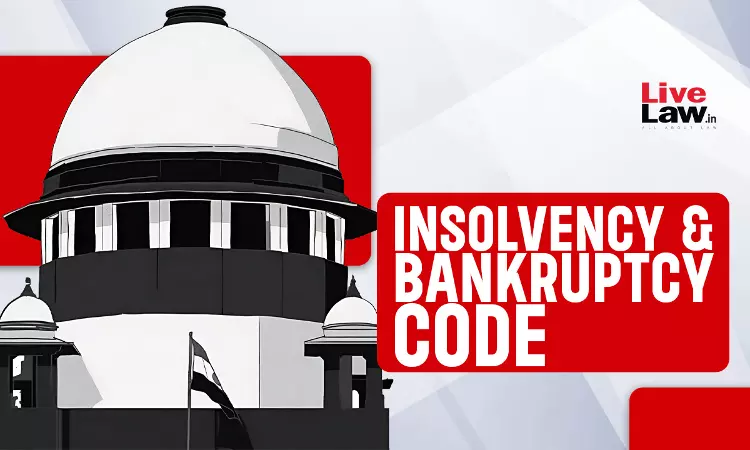IBC Overrides Electricity Act; Dues To Secured Creditors At Higher Footing Than Electricity Dues : Supreme Court
Ashok KM
18 July 2023 11:16 AM IST

The Court also observed that 'Rainbow Papers' judgment did not consider 'waterfall mechanism' under IBC.
Next Story


